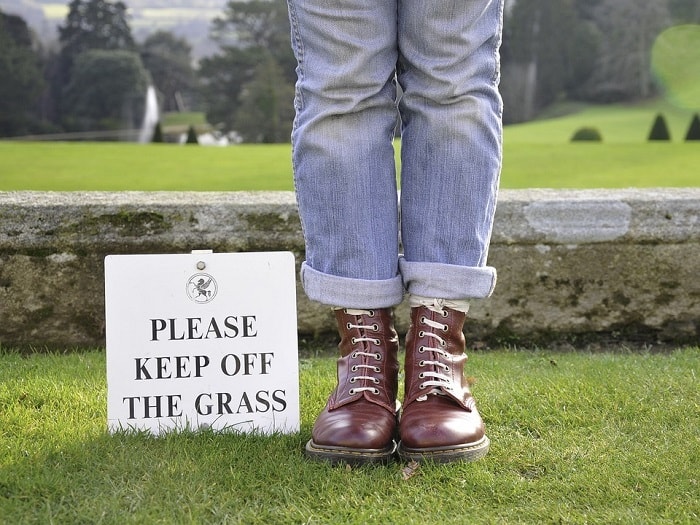Short term holiday letting house rules are often treated as a last minute addition, if they are considered at all. While you may be aware of holiday rental laws that apply in your area, it is also important to consider rules that apply to your property specifically. Holiday letting rules are there to provide your guests with a list of what they can and cannot do during their stay. These rules help to protect you against potential damage, noise, complaints and other problems that may arise. They are also there to ensure that everyone is on the same page as far as expectations are concerned.
That does not mean that you need to present your guests with a thick manual of things that they have to remember. If you focus on the most important rules, you will likely have far better luck putting your short term holiday letting rules into motion than you would if you have endless rules that are harder to remember.
Important Short Term Holiday Letting House Rules
With that in mind, which short term holiday letting rules are the most important to include in your welcome pack? Let’s take a look…
- Noise and disturbances. This is especially important if your property is in a complex. Guests should be given clear rules on what noise is permitted, until certain times. For example, a common rule for noise would be that no loud music and noise is permitted between 22h00 and 08h00.
- Visitors. In your rental agreement, you should have a clause that determines the number of visitors that guests are permitted during their stay. Your house rules should make this clear, by stating that visitors are limited to the pre-determined number as stated in their rental agreement.
- Parties. Most short term rentals are rented as accommodation and not as party venues. As such, you should make this clear in your rules that no parties are permitted. Obviously, if you rent your property out to a group as a function venue, this rule would not apply.
- Parking. Your listing contains the number of parking spaces allocated for the rental. Guests should be aware that they may not use any spaces not allocated to them, while being reminded that they may not steal neighbouring parking spaces.
- Security. Guests should also be reminded to lock all doors and security gates when leaving their rental, and to ensure that windows are closed as well. Basic precautions and security measures should be followed, to protect your guests, your property and your neighbours if your property is within a complex.
- Water. In Cape Town, with Level 4b water restrictions in place as of July 2017, water saving measures are vital. Guests will need to be made aware of these restrictions, with tips on how to avoid wasting water. If guests do not follow these guidelines, you will be liable for fines and other penalties.
- Smoking. Smoking is generally prohibited at most short term holiday letting properties, but guests may smoke outside, away from the property’s interior. It may seem obvious to state these – many guests will use a lack of rules as a loophole to get away with smoking inside.
- Pets and children. Depending on your policies, specific rules should be drafted relating to exact rules on children and pets in your rental. The clearer you make these rules, these more you will be covered in the event that rental agreement terms are not followed.
- Damages and breakages. There should be penalties in place for any and all damages and breakages. Be very clear of any fines that may apply, so that guests are aware of what will happen if anything should break during their stay.
- Check-ins and check-outs. Last, but not least, you should have very clear rules in place on when guests are expected to arrive and leave. Few things are more disruptive than late arriving guests. Be very clear on times so that you do not have to deal with guests arriving and leaving at all hours.
______________________________________
There is no doubt that you will have a lot of things to consider before investing in short term rentals. One of the most effective ways to ensure that your property is expertly run is to work with a dedicated short term rental manager who can draft and communicate house rules on your behalf. A good holiday rental manager will manage everything from bookings to marketing, guest concierge and even day to day management. That in turn will make it far easier to put house rules into place that you know will be expertly drafted and followed. For more advice on working with a short term holiday letting manager, contact the Totalstay team today.


